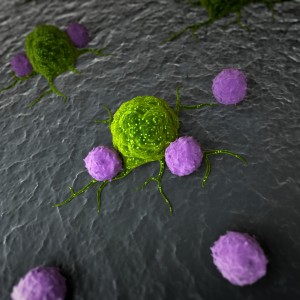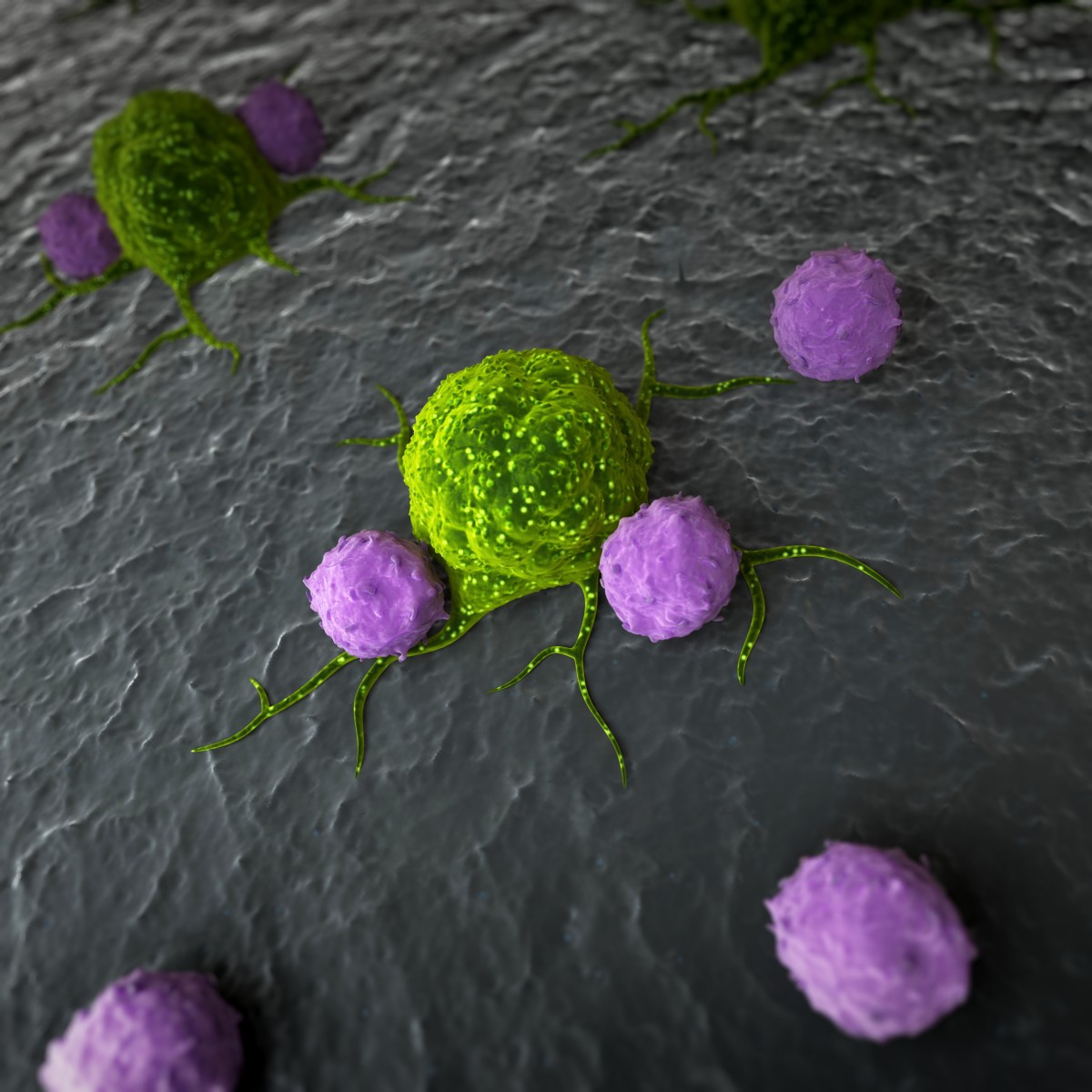 In a new study, published in Cell Reports entitled “Phenotypic Diversity and Plasticity in Circulating Neutrophil Subpopulations in Cancer”, a team of researchers discovered that circulating neutrophils are a highly dynamic and heterogeneous population, with pro-tumor subpopulations overcoming early anti-tumor subpopulations, as malignancy progresses.
In a new study, published in Cell Reports entitled “Phenotypic Diversity and Plasticity in Circulating Neutrophil Subpopulations in Cancer”, a team of researchers discovered that circulating neutrophils are a highly dynamic and heterogeneous population, with pro-tumor subpopulations overcoming early anti-tumor subpopulations, as malignancy progresses.
Neutrophils are the most abundant type of leukocytes (or white blood cells) in human circulation – representing 50% to 70% of all circulating leukocytes. Besides its role in host defense, neutrophil’s role in cancer has become increasingly recognized. However there are still controversial results: while several reports show neutrophils potentiate tumor growth, by promoting tumor angiogenesis and dissemination, other studies show neutrophils have anti-tumor and anti-metastatic properties.
Thus, the role of neutrophils in human cancers remains far from understood, with the ambiguous results suggesting that neutrophils’ functions may not be homogeneous and could be modulated in a context-dependent manner.
In this study, a team of researchers at the Hebrew University of Jerusalem tackled this context-dependent hypothesis. The authors used both mouse models of cancer, as well as cancer patients’ samples, showing neutrophils are a heterogeneous population of cells. In fact, the team was capable of identifying different cell subpopulations of neutrophils that are highly dynamic. The research team found that while some subpopulations have anti-tumor properties (in early stages of cancer), others promote tumorigenesis in later phases of the disease.
The authors highlighted that their findings can open new avenues of research to possibly identify additional neutrophils’ subpopulations. Notably, understanding the environmental cues that promote the switch from anti- to tumor-promoting neutrophils, has the potential to uncover new targets for future therapies.
Study author Dr. Zvika Granot, commented in a press release, “The novel distinction between harmful and beneficial neutrophils opens up new diagnostic and therapeutic opportunities. We are currently evaluating the effects of boosting the helpful anti-tumor neutrophil population, while limiting the tumor-promoting neutrophil population, on progression of the disease. If successful, this therapeutic strategy may take us closer to developing effective new therapies for cancer.”


